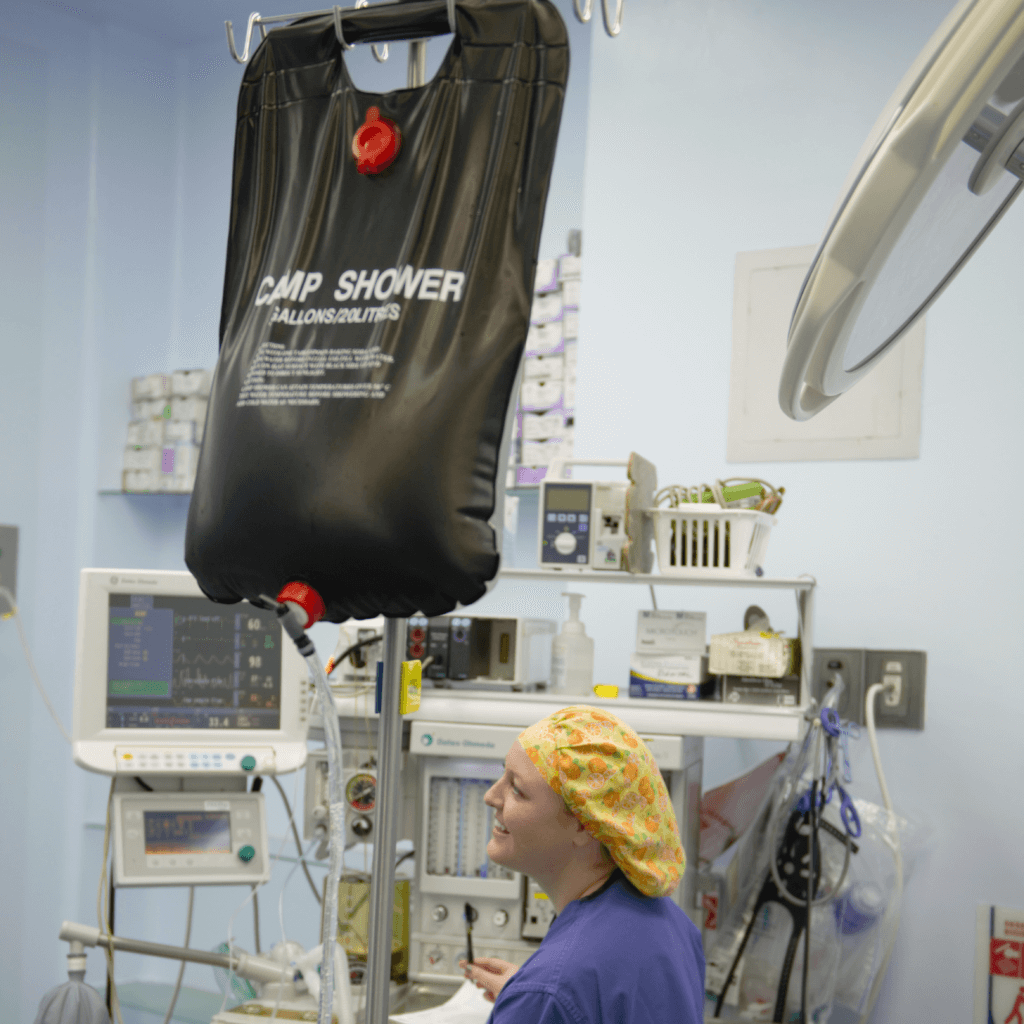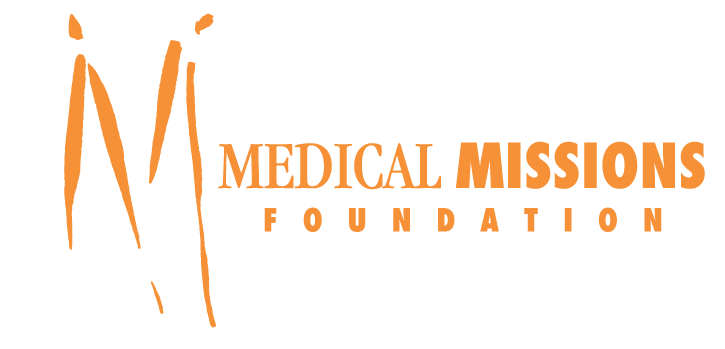Innovative Alternatives in Antigua

 With every mission trip comes the unexpected challenges. Despite all the planning that comes with moving thirty nine medically trained team members, many who specialize in their own field, seventeen thousand miles away from home with all the equipment, supplies, and comforting donations to provide for six days of intense surgical interventions, something is bound to go unnoticed. This year the challenge presented itself late in the planning phase. Obras Sociales notified surgical team leader Dr. Scott Montgomery at Kansas City Urology Care, P.A., that they were unable to obtain the irrigation solution that in required to perform the surgery that the majority of the urology team performs during the week long mission.
With every mission trip comes the unexpected challenges. Despite all the planning that comes with moving thirty nine medically trained team members, many who specialize in their own field, seventeen thousand miles away from home with all the equipment, supplies, and comforting donations to provide for six days of intense surgical interventions, something is bound to go unnoticed. This year the challenge presented itself late in the planning phase. Obras Sociales notified surgical team leader Dr. Scott Montgomery at Kansas City Urology Care, P.A., that they were unable to obtain the irrigation solution that in required to perform the surgery that the majority of the urology team performs during the week long mission.
The solution, which comes in three liter hanging bags, contains glycine, an amino acid which helps to flush the bladder during the prostate procedure while maintaining the body’s delicate balance of nutrients. Over the course of previous missions to Antigua, Urologist required over three hundred plus bag of gylcine solution needed to serve thirty plus patients. This lack of availability to the solution in country meant that the team was in desperation to secure this now unavailable resource, and at the same time start to develop an alternative.
Luckily, Dr. Brandon Pomeroy F.A.C.S. at Kansas City Urology Care, P.A. who has worked with Medical Mission Foundation as a volunteer urologist with missions to Africa had already field tested an alternative system. Due to the availability of the same solution in his mission work Dr. Pomeroy was able to pass along to Dr. Montgomery his experience. His design used a refillable bag that allows the pharmaceutical grade amino acid to be mixed into solution and then filled on demand to the system that flushes the bladder while the procedure is being performed.

Dr Todd Anderson
Dr. Montgomery along with volunteer surgical members attempted to recreate the design for Antigua. Using a hanging camp shower to deliver the irrigation via the typical flushing system, the glycine was added to purified water suitable for drinking and then filled on an as needed basis. This would mean that the team would need to replace three hundred bags of glycine solution with thirty pounds of crystalline glycine and three hundred gallons of water. As another stroke of luck, the hospital readily supplies staff and patients with purified water already package in water coolers around the hospital. Taping another essential person who has worked with the Antigua mission in past years, Dr. Montgomery found the glycine that his team required with volunteer Jessica Humphrey PharmD at The University of Kansas Health System. She was able to find the needed additive through the health system and with support from the hospital was able to purchase at a discount.
Once in country and on site, the surgical team quickly adapted supplies provided to the mission into a working replica of the same system used in Uganda. Since Monday the urologist have been able to used the system without interruptions to the procedure and reports are that there is no significant difference in the alternative set up. Conservation of materials continues through the week and future short coming of supplies of irrigation can be negated with this system. We would like to extend a big thanks to everyone who has spent time and resources in helping our team working on this essential component of our mission in Antigua.
